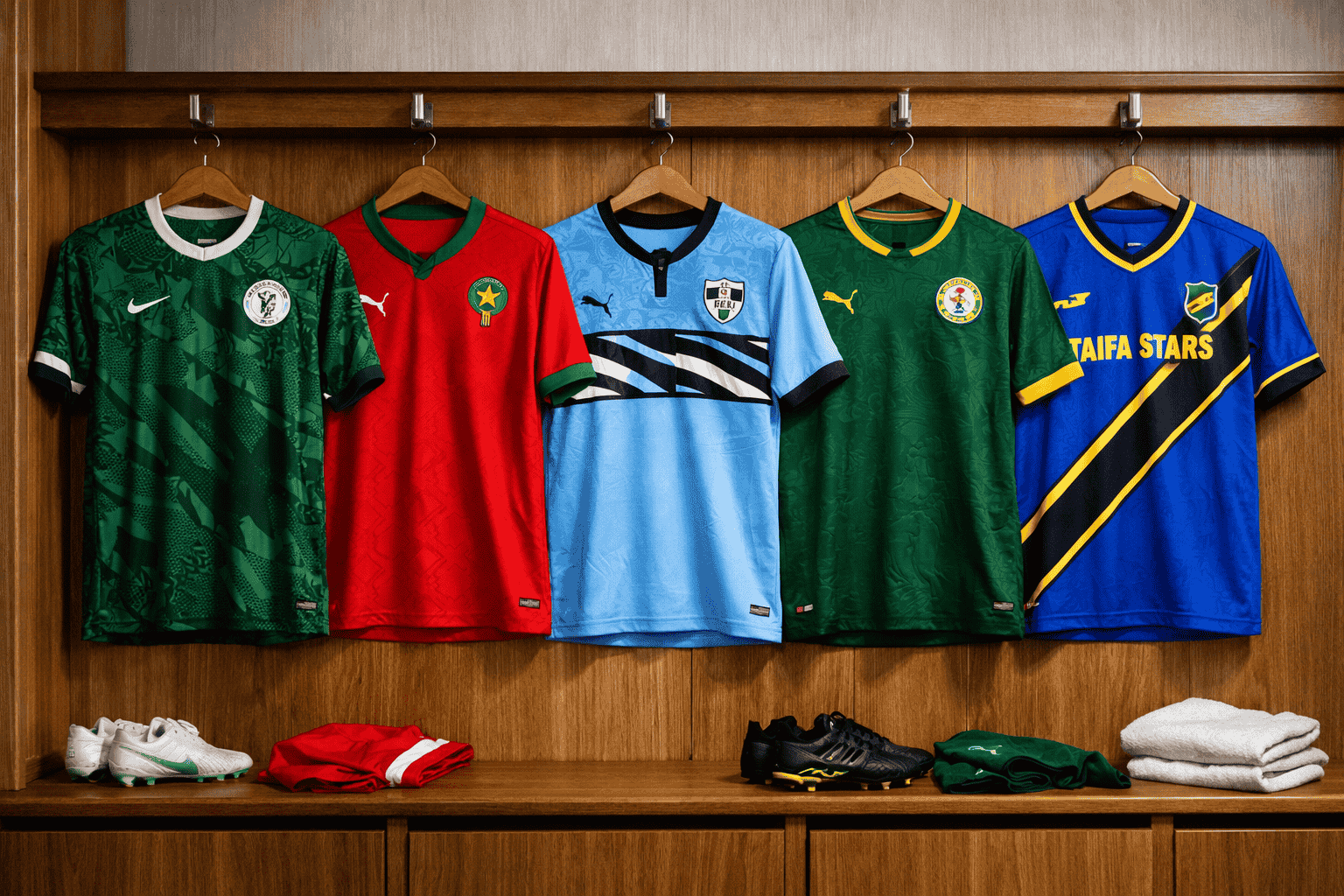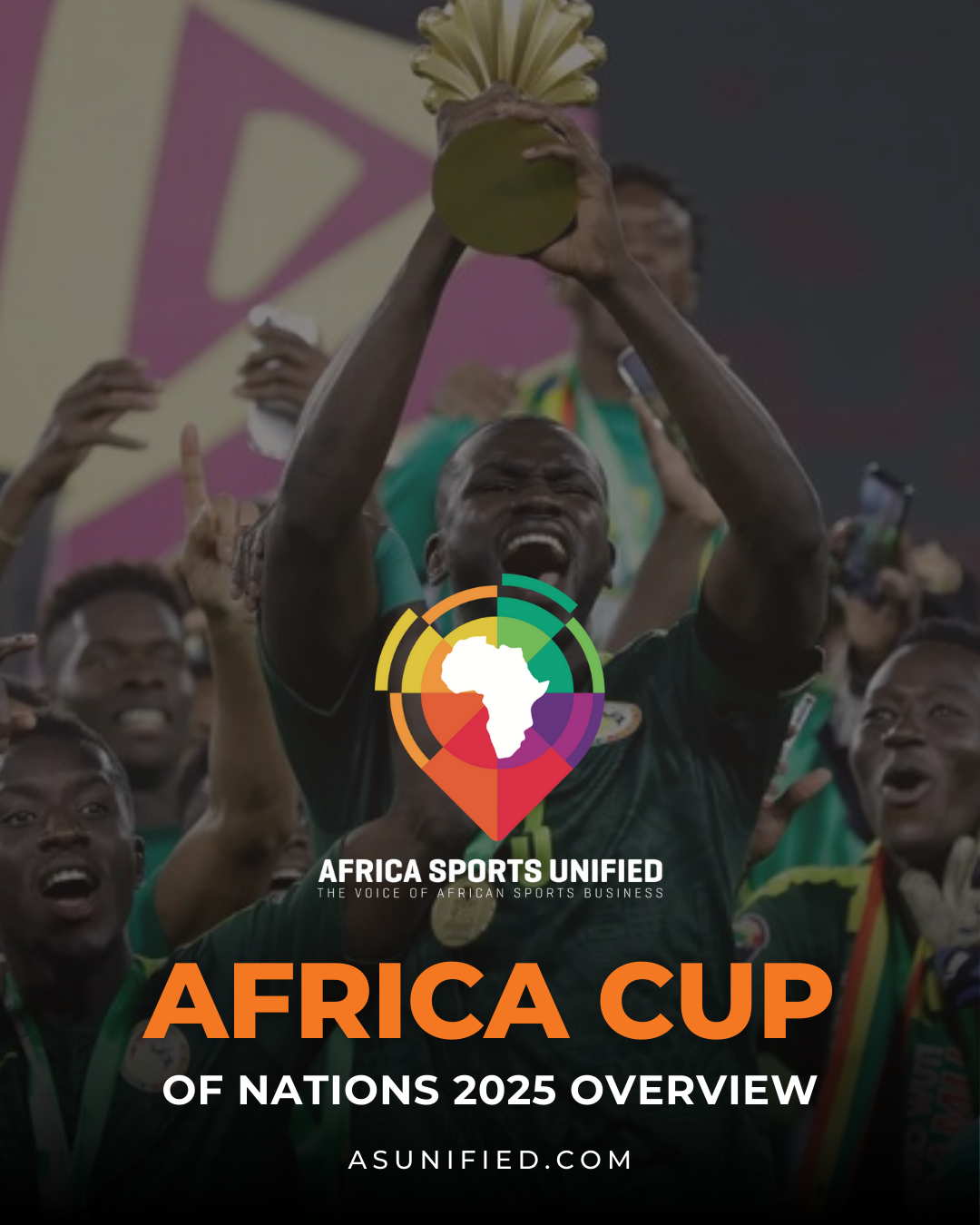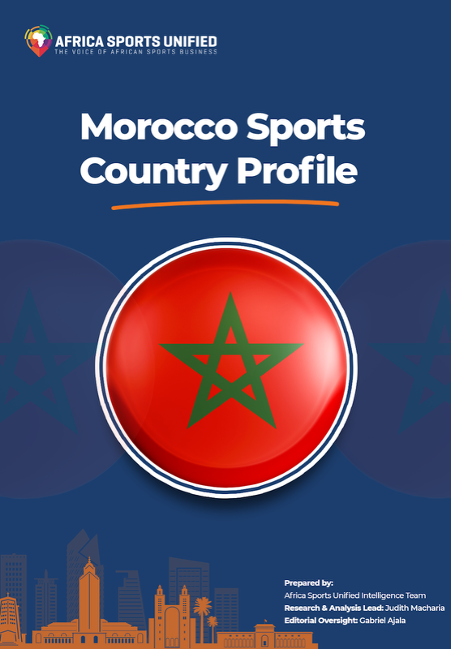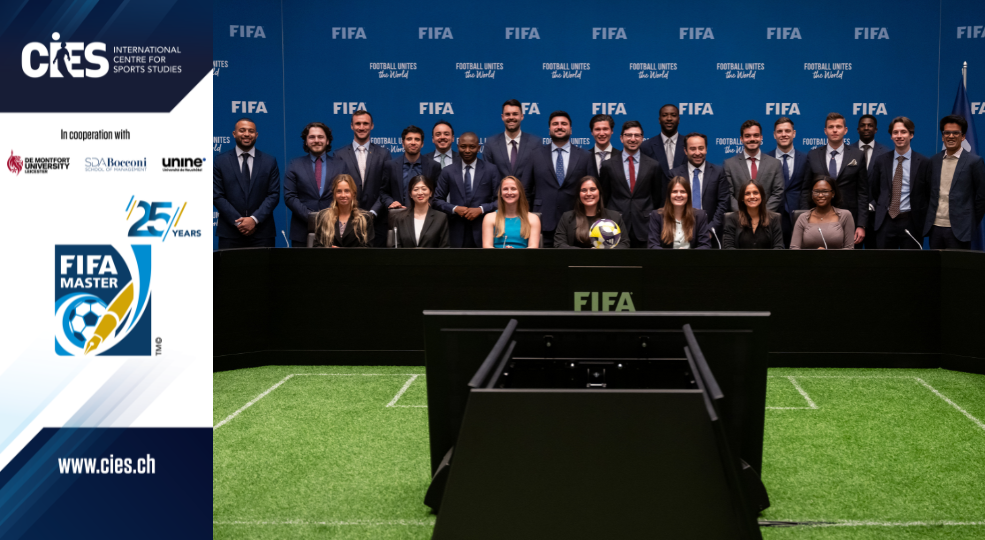Are African Athletes set to gain at least 5 more medals at the Paris 2024 Olympics due to new rules?
Gabriel Ajala
August 05, 2024
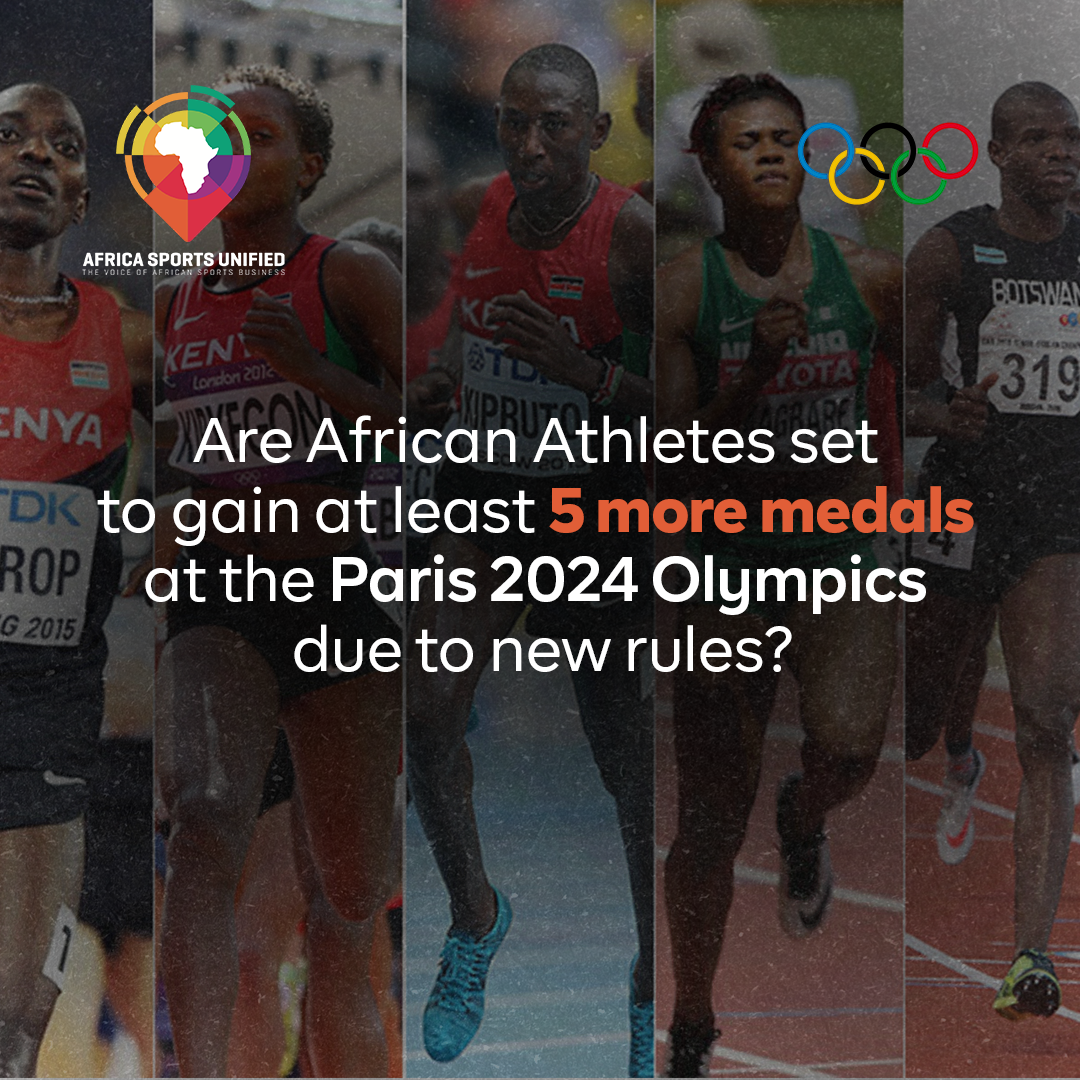
This articles focuses on the prize money awarded by World Athletics and the International Boxing Association to athletes competing at Paris 2024 Olympics and the impact this will have on African athletes.
For many athletes, funding their careers is a necessary tight rope which they must walk to reach their dream. In April & May 2024, World Athletics (the governing body of Athletics) and The International Boxing Association (the world governing body for Boxing) respectively announced Olympic medallists will receive prize money, which promises to alleviate some of these financial burdens that Olympic athletes face.
The Current Landscape of Athletes and Their Funding
Everything from training; coaching; equipment; and travel, globally, athletes face substantial expenses. Many rely on sponsorships, endorsements, and personal savings. For example, Allyson Felix, the most decorated Sprinter in US history, once shared that even elite athletes from more "developed" nations "struggle with financial stability", often juggling part-time jobs to "fund their dreams". This financial strain can be particularly pronounced for athletes from less affluent nations, where athletes often face difficult sponsorship and economic environments.
Athletes often cite limited access to high-quality training facilities, scarce sponsorship opportunities, and minimal government support as common hurdles. In the past, we have seen countries, mainly from the Middle East, persuade African athletes to represent their nation with the promise of regular income and ability to train full time. We will continue to see this trend if funding for key areas are not addressed.
Historically, athletes do not receive any financial incentive or reward from the International Olympic Committee (IOC), who instead distribute their revenue to International Federations & National Olympic Committees (NOC).
Despite these obstacles, African athletes have shown remarkable resilience. They often depend on international competitions for prize money and receive support from local communities and the diaspora. For instance, Ugandan long-distance runner Joshua Cheptegei has spoken about the critical role of community support in his career. Despite this, with further financial support, this would increase athletes' performance.
The World Athletics & IBA Announcements
In April 2024, World Athletics announced that it would become the first International Federation to award prize money to athletes at an Olympics, with Paris 2024 being the first Games where this would happen. World Athletics have 48 events occurring at Paris 2024 and each Gold medallist will receive $50,000 (£39,000), from a pot of $2.4m (£1.9m) World Athletics receive from the IOC's revenue share allocation. The aim is for prize money to also be allocated to Silver & Bronze medallists at the Los Angeles 2028 Olympics and beyond. Sebastian Coe, President of World Athletics, emphasised that this initiative aims to "recognise athletes' hard work and dedication."
In May 2024, the IBA announced they too would also reward medallists at Paris 2024. Medallists will receive prize money which will be split 50% to the athlete & 25% respectively between the coach & the NOC.
The IBA President mentioned "Our athletes and their efforts must be appreciated...The IBA offers opportunities and invests considerably in our boxers, they remain as the focal point, and we will continue to support them at all levels."
According to a study carried out in 2021 focused on High Performance Athletes:
Athletes showed a 15% average improvement in performance metrics when financial incentives were introduced.
Financial incentives were found to be a stronger motivational tool compared to non-financial rewards.
The performance enhancement due to financial incentives was consistent across 85% of the track and field events analysed.
Athletes responded 25% more robustly to financial rewards than to non-financial incentives such as trophies and medals.
What do the numbers say?
Let's take South Africa, the strongest economy in Africa, as an example. The average monthly salary ranges between $1,358.94 (26,000 ZAR) - $1,620.27 (31,000 ZAR).
The average annual salary is roughly $19,443 (372,000 ZAR). As the below tables show, the money goes a long way and winning Gold is almost 3x the annual average salary.
So what impact would such a move have on the athletes and International Federations?
Impact on African Athletes
Increased Access to High-Quality Sports Performance Amenities & Full-time Training
African athletes will have the financial means to access world-class training facilities, coaching staff, nutrition and technological advancements. This investment in better sports performance amenities and services will lead to significant improvements in their performance.
This will also allow athletes to train full-time or at least more regularly. This stability can lead to more focused and intensive training regimes and overall improvement on performance. This will likely lead to faster times, higher jumps, and longer throws.
By doing so, I predict there will be a noticeable uptick in the number of African athletes breaking Personal Bests, Setting new National Records, NOCs setting new medal haul records, reaching the finals and medaling in major international competitions, including the Olympics.
Increased Motivation & Morale
The promise of substantial prize money acts as a powerful motivator. As highlighted by the stats shown above, knowing that their efforts will be financially rewarded can inspire athletes to push beyond their limits.
Motivated by the financial incentives, expect African athletes to show increased determination and resilience in their training and competitions. This could lead to a higher rate of qualification for international events and podium finishes. In the long term, this could also increase the participation of the sport as young and aspiring athletes weigh up their career options.
Increased Commercial Opportunities & Building Professional Teams
Winning opens the door to more commercial and media opportunities through sponsorship, endorsements and media opportunities. All of which not only further aid the financial stability and performance of the athlete, but enable them to aspire current and future athletes. Increased financial rewards open up the possibility for athletes to hire competent and professional support including performance coaches, agents & media to handle their careers more effectively and explore commercial opportunities.
By having a professional and competent team around to handle logistics, marketing and commercial opportunities, this would allow athletes to focus more on their training and performance. Leading to an increase in commercial opportunities and better managed careers.
Impact on International Federations
Enhanced Competition and Talent Pool
The increased prize money will significantly benefit World Athletics & The IBA by enhancing the overall competitiveness and appeal of the sport. By providing substantial financial rewards, World Athletics & The IBA can attract a broader pool of talent, ensuring that top athletes remain motivated and committed to the sport.
This could lead to more exciting and closely contested events, increasing the overall level of competition and making the sport more appealing to fans and sponsors.
Increased Viewership & Fan Engagement
Financially empowered athletes perform better, which can lead to more thrilling competitions that attract larger audiences.
The improved performance and personal stories of financially supported athletes will likely drive higher viewership numbers and fan engagement, particularly in regions like Africa where fans feel a strong connection to their athletes. This opens up commercial opportunities with brands, media broadcasters & digital platforms.
Strengthened Reputations & Athletes Welfare
Supporting athletes financially enhances the reputation of World Athletics & The IBA as entities that care about athlete welfare and development.
World Athletics and the IBA will be seen as leaders in athlete advocacy, potentially prompting other sports organisations to adopt similar prize money structures, leading to widespread improvements in athlete support systems globally.
Conclusion
It is evident that Africa is full of talented athletes, who often perform beyond expectations. We have often seen, given exposure to the right training facilities and earning potential, how much further African athletes can go.
To that extent, I believe other International Federations should seriously explore introducing prize money to athletes at The Olympic Games, especially for sports that do not take place all year round. By investing in the athletes and those athletes succeeding, this will open up opportunities for the respective International Federation to further grow their sport in Africa. In turn, this would lead to increased participation in the sport, which leads to increased competition and a chance to evolve the sport to capitalise on such growth and unlock commercial opportunities outside of the 4-year Olympic cycle, which many International Federations so desperately need.
Governments should also see this as a positive sign and further invest in and support their athletes to achieve medals. By doing so, they will reap from the numerous benefits this will bring to their economies and positively position their nation on the global stage.
Africa recorded 37 medals at the Tokyo 2020 Olympics. With a 15% average increase in performance with financial incentives, could Africa bring home 43 medals from Paris 2024?
Related Posts
